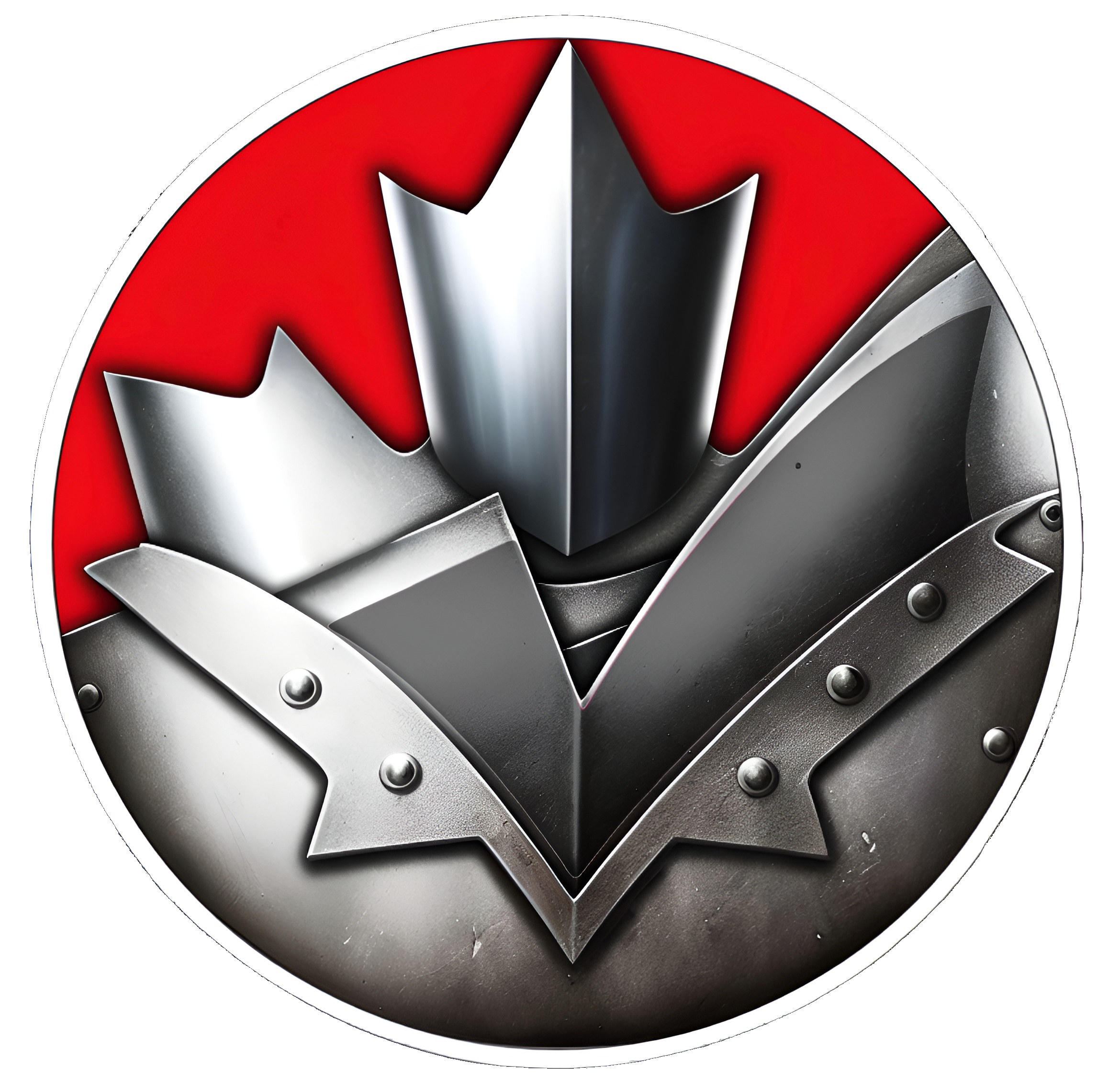Running as an Independent Federal Candidate in Canada: A Step-by-Step Guide
INTRODUCTION
Welcome to your journey towards becoming an independent federal candidate in Canada. This guide will walk you through the legal requirements, steps, and timelines you need to follow to run in the next federal election.
1. Eligibility Criteria
To be eligible as an independent candidate, you must:
- Be a Canadian citizen.
- Be at least 18 years old on election day.
- Not be disqualified under Section 65 of the Canada Elections Act, which includes not being an elector, a member of certain legislative or judicial positions, or currently imprisoned.
2. Nomination Process
Nomination Period: Begins when the election writs are issued and ends 21 days before election day at 2:00 p.m. local time.
Nomination Paper (EC 20010) or Online Nomination Form
- You must submit either a paper form at the returning officer's office or an online form.
- This form requires:
- Your personal details.
- Appointment of an official agent (mandatory) and an auditor (if your campaign meets certain financial thresholds).
- Signatures from yourself, your official agent, and if applicable, your auditor and campaign delegate.
Endorsement: Since you're running independently, you won't have a party endorsement, but you'll need to ensure your name appears correctly on the ballot
3. Campaign Requirements
Official Agent: This person manages your campaign finances. They must be appointed before you can legally spend or accept contributions.
Auditor: If your campaign spends or receives $10,000 or more, or if you receive 10% or more of the votes in your electoral district, an auditor must be appointed.
Campaign Finances: You can start spending or receiving contributions once officially confirmed, but remember, contributions before confirmation can't receive tax receipts.
4. Confirmation and Ballot Appearance
- After submitting your nomination, the returning officer will either confirm your nomination or refuse it, providing reasons for refusal if applicable. You can correct or resubmit until the close of nominations.
Ballot: Your name will appear on the ballot without a party affiliation, simply as "Independent" or "No Affiliation."
5. Campaigning
Platform and Outreach: Develop your campaign platform, engage in community outreach, participate in debates, and use media to promote your candidacy.
Election Day: Ensure you and your team are ready for election day logistics, including scrutineers at polling stations.
6. Post-Election
Results: If you win, you become the Member of Parliament for your riding. If not, you've still contributed to the democratic process.
Financial Reporting: After the election, your campaign must file financial returns with Elections Canada.
Important Dates and Timelines
Election Date: Fixed for the third Monday of October in the fourth calendar year following the previous general election.
Nomination Period: Opens with the issuance of election writs and closes 21 days before election day.
Additional Considerations
Signature Requirements: While not directly mentioned for federal elections, some regions or parties might have signature thresholds for candidacy, but for federal elections, your eligibility and nomination process are as described.
Public Perception and Media: Being independent means you might need to work harder to gain media attention and public trust without party backing.
This guide should equip potential independent candidates with the necessary information to navigate the federal election process in Canada. Remember, running as an independent requires not just legal preparation but also strategic campaigning to stand out in a crowded field. Good luck!
